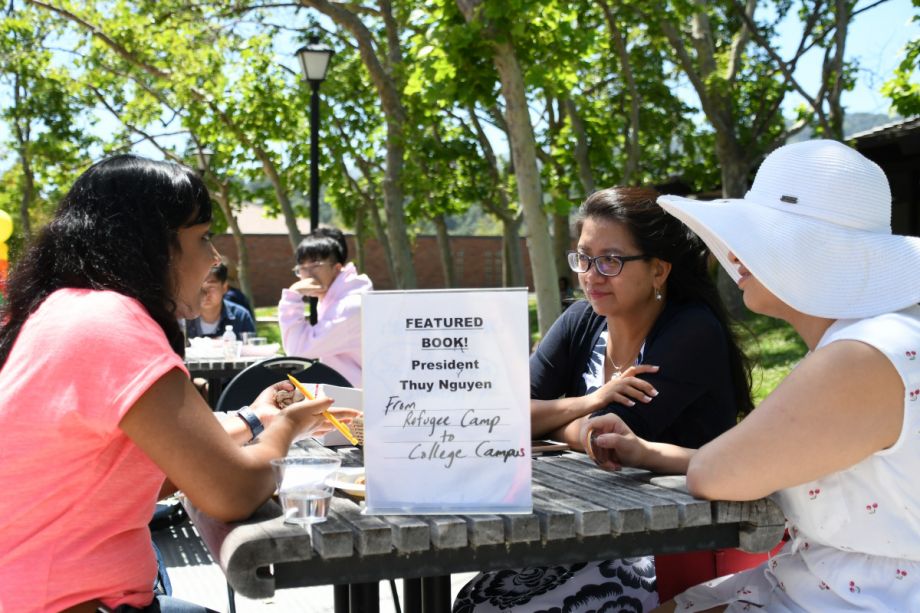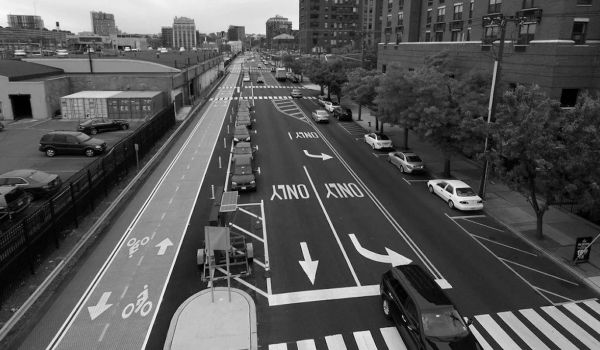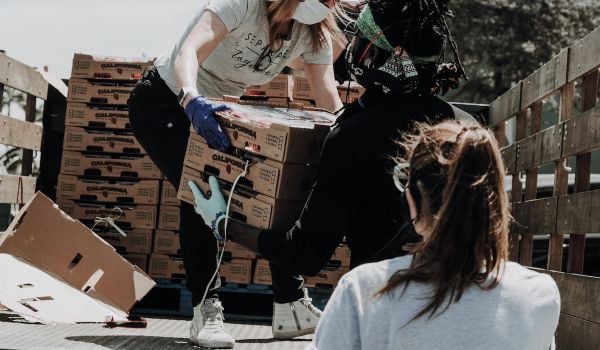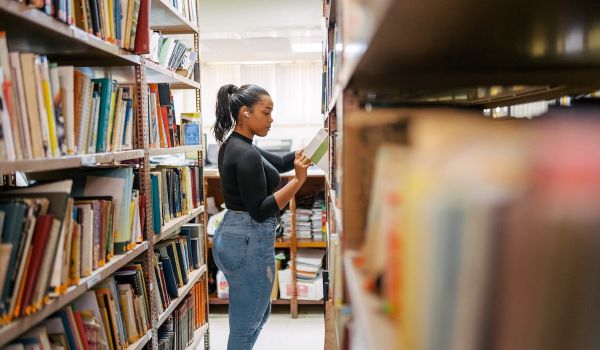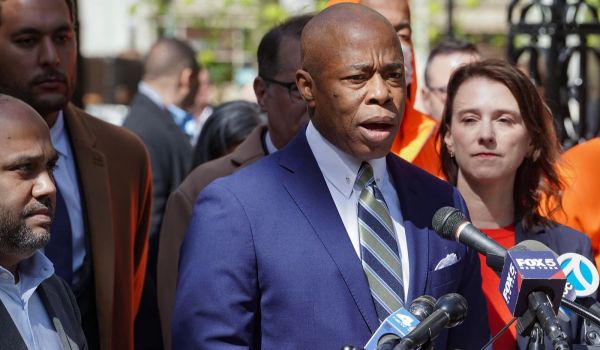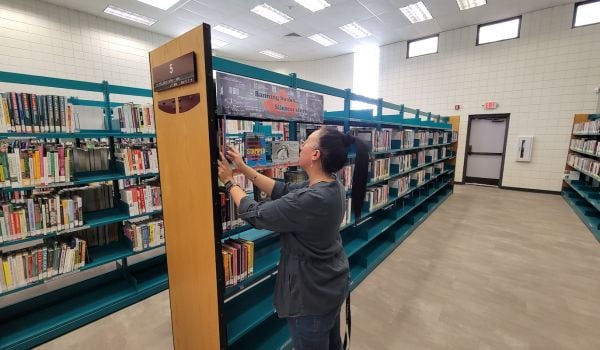One weekend in September, a couple walking their dog passed by an outdoor event in Redwood City, California. The signs described it as a Human Library event, where people sign up as “books” to tell a story about their personal experience and while others listen and ask questions. Thinking it a novel idea, the woman sat down with a “book” about living with autism. Afterward, she told Redwood City Public Library’s library services supervisor Jenny Barnes about how eye-opening the conversation was: Despite having autistic people in her life, she told Barnes, she’d never had the opportunity to ask questions about their experiences in such a safe and open way before.
It’s exactly this kind of connection and understanding that the Human Library initiative, with its tagline “unjudge someone,” seeks to foster. The Human Library initiative was started by Ronni Abergel in Copenhagen in 2000 as a response to the polarization he was seeing around the world. “Let’s try and create a safe space where we can showcase diversity and people can ask questions and not be judged, so we came up with the idea of the Human Library,” Abergel explained during a 2018 talk in Seattle.
With both in-person and virtual events, Human Libraries have since been held in over 80 countries across museums, festivals, conferences, universities and even the private sector. Through volunteer books offering “readings” on their personal experiences across even the touchiest of subjects like race and religion, the goal is to foster conversations that don’t otherwise take place.
More than 20 years since the first Human Library event, researchers have begun to study such programs’ ability to educate participants, combat prejudices and promote inclusion. A 2019 study from Poland looked at whether participation in human libraries changes readers’ individual attitudes toward diverse groups. They found that participation “decreased social distance towards Muslims,” and that the more books a participant reads, the greater that shift is. On the book side, a 2016 study found eight major categories of benefits for books that range from altruistic (helping others and making connections) to personal (self-expression and personal enjoyment).
Barnes began hosting annual Human Library events after learning about the San Diego Public Library having done them. At nearby Foothill College, Allison Herman — research and service leadership symposium co-coordinator and an English professor — first learned about the idea from a student. The college, located in Los Altos Hills in California, hosted its first Human Library event in 2016.
While the larger Human Library organization has its own roster of “books” from depots around the world to check out, both Barnes and Herman’s Human Library programs went a different route and sourced their own books locally. “We had our students, staff, faculty, and administrators become books,” Herman says. “It was really about getting to know each other and sharing our very unique stories, overcoming barriers, and breaking those boundaries of misconceptions.”
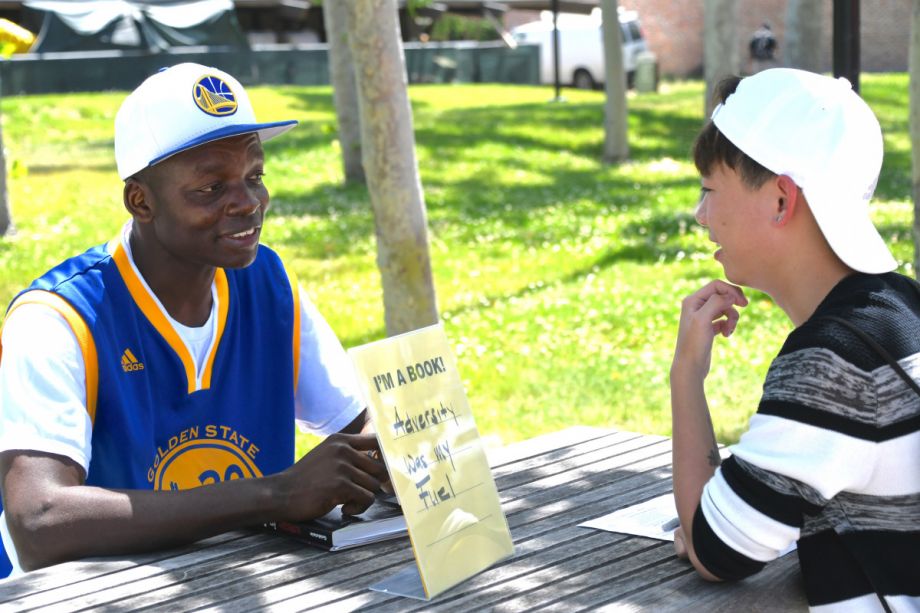
A Human Library event at Foothill College in 2019. (Photo courtesy Foothill College)
One of the ways that Herman found quick success is by incorporating the event into college classes. The last thing she wanted was all of these people ready to tell their stories with no one to listen, she said. Another element of success for the college’s annual events, save for 2020, has been training the books and coming up with guidelines for readers. “We would do kind of a mock interview and talk through their stories and what they would entail,” Herman says. “We talked about ways to kind of exit a conversation if there was any discomfort.”
Often holding the events outdoors in June, Herman created a system where people checked out books which came with information about the guidelines for the respect on which the events hinge. “It’s kind of the Human Library model to leave the book exactly as you found it,” she says. They talked with borrowers about “treating your books gently and making sure you return them.” Herman has found that hosting the events dovetail nicely with Pride Month.
“It’s been overwhelmingly positive,” Herman says of the feedback she’s gotten, especially from the books themselves. “We’ve had books that were a little nervous to share their stories, but found it very healing… this opportunity to teach others, to create a more compassionate view of a situation or at least gain understanding. And have an opportunity to meet people that they wouldn’t have otherwise met or maybe wouldn’t have approached, and then learn something about that individual.”
Bill Carney, a New Yorker now living in Portugal, began volunteering as a book during the pandemic, doing virtual readings. Because he has spent much of his life in the corporate world, he says that Human Library initiative founder Abergel, who he met at a TEDx event some years back, was anxious to get him to participate in the organization’s private sector endeavors.
Carney’s readings were anchored in his existence as a Black man, but he found himself often giving readings to an almost all-white audience. “My feelings were that I’m not sure that this … has any lasting impact within a corporate setting. Maybe it does, but I can’t change someone in a 45-minute conversation,” he says. “The only thing you can hope to do is sow the seeds of some kind of cognitive dissonance that then encourages them to explore further.”
While Carney has moved away from volunteering as a book, he still has overwhelmingly positive things to say about the effort and organization. “In a Human Library event in a real library, that’s a different vibe altogether,” he says. “You have a different audience of people coming because they want to be there. They have at least a temporary personal abiding commitment to whatever drove them there.”

Cinnamon Janzer is a freelance journalist based in Minneapolis. Her work has appeared in National Geographic, U.S. News & World Report, Rewire.news, and more. She holds an MA in Social Design, with a specialization in intervention design, from the Maryland Institute College of Art and a BA in Cultural Anthropology and Fine Art from the University of Minnesota, Twin Cities.
Follow Cinnamon .(JavaScript must be enabled to view this email address)

